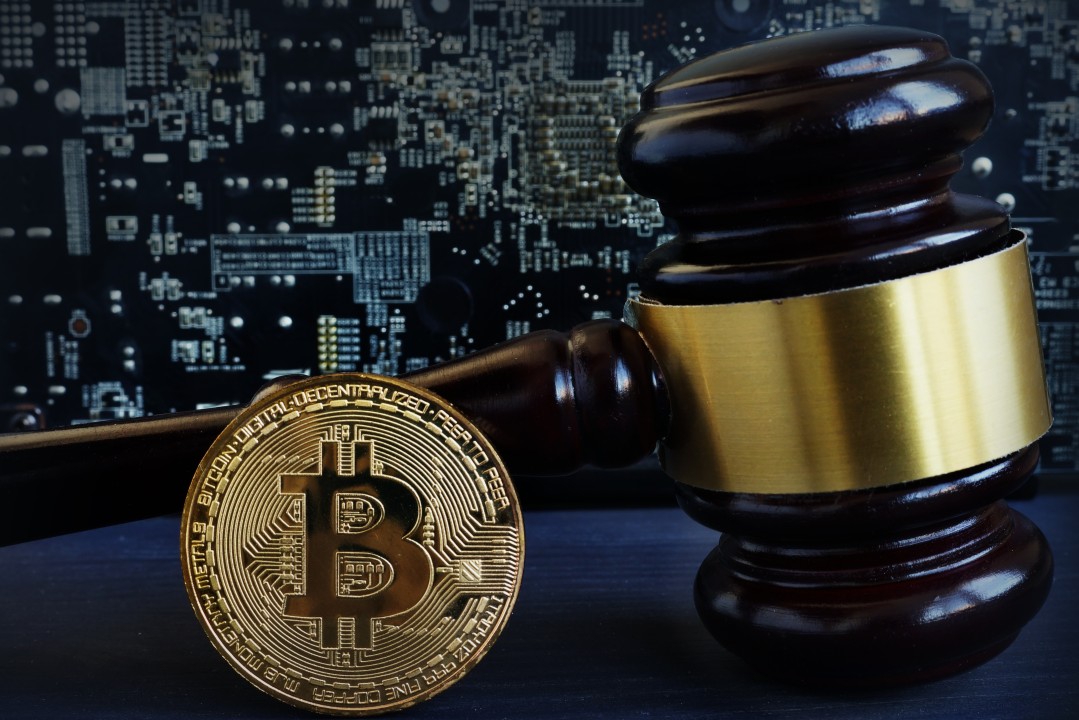Is Cryptocurrency Legal?
Cryptocurrency has put the financial world on its toes, revolutionizing the way we perceive and handle money. Its meteoric rise has captured headlines and sparked countless debates, leaving us all wondering: is cryptocurrency legal? In this thrilling blog post, we will delve deep into the intriguing labyrinth of laws surrounding digital currencies, deciphering their legality across various countries and exploring the potential implications for our ever-evolving financial landscape.
So fasten your seatbelts as we embark on a captivating journey to uncover whether cryptocurrency is a rebellious outlaw or a legitimate player in our digital era.
What is Cryptocurrency?
Cryptocurrencies are digital or virtual tokens that use cryptography to secure their transactions and to control the creation of new units. Cryptocurrencies are decentralized, meaning they are not subject to government or financial institution control. Bitcoin, the first and most well-known cryptocurrency, was created in 2009. Cryptocurrencies are often traded on decentralized exchanges and can also be used to purchase goods and services.
There is no guarantee that a cryptocurrency will remain stable or grow in value over time, however some cryptocurrencies have experienced significant price growth. Despite this, there is no assurance that a cryptocurrency will be accepted as a form of payment by merchants. Some governmental authorities have stated that cryptocurrencies may be illegal in certain jurisdictions.
What are the Types of Cryptocurrencies?
Cryptocurrencies are digital or virtual tokens that use cryptography to secure their transactions and to control the creation of new units. Cryptocurrencies are decentralized, meaning they are not subject to government or financial institution interference. Bitcoin, the first and most well-known cryptocurrency, was created in 2009. There are now over 1,000 different cryptocurrencies available.
There are three primary types of cryptocurrencies: commodity currencies, store of value currencies, and payment systems. Commodity currencies are like traditional money but they use cryptography to secure their transactions and to create new units. Bitcoin is a commodity currency.
Store of value currencies seek to maintain their value over time by being scarce and having high demand. Bitcoin is a store of value currency. Payment systems allow people to easily make payments online or in person using cryptocurrencies. Litecoin is a payment system currency.
How Does Cryptocurrency Work?
Cryptocurrency is a digital or virtual currency that uses cryptography to secure its transactions and to control the creation of new units. Cryptocurrency is decentralized, meaning it is not subject to government or financial institution control.
Bitcoins are the most well-known cryptocurrency. Bitcoin is created as a reward for a process known as mining. Mining involves solving complicated mathematical problems with computer algorithms. Once a miner solves the problem, they are rewarded with bitcoins. This process is how new bitcoins are created.
To spend bitcoins, you need to know the address of someone else who has them. You can get this information by looking up the address on a website such as Blockchain.info or by scanning the QR code associated with an bitcoin transaction.
Cryptocurrencies are not legal tender in most countries, so you may need to find a way to purchase them before using them in transactions.
Is Cryptocurrency Legal?
Cryptocurrency is legal in most countries, but its legality can vary. Here are the answers to some common questions about cryptocurrency:
- Is Bitcoin legal?
Bitcoin is legal as a form of currency in most countries. However, there are a few exceptions, such as China and Bolivia. - Is Ethereum legal?
Ethereum is legal as a form of currency in most countries. However, there are a few exceptions, such as China and Bolivia. - Is Litecoin legal?
Litecoin is not explicitly mentioned in any law or regulation, so it’s not clear whether it’s legal or not as a form of currency. However, most experts believe that it is legally classified as digital commodity instead of fiat currency which means that it should be treated similarly to other commodities like gold and silver. Therefore, Litecoin should be considered legally safe to use as a form of currency in most countries.
Conclusion
As a cryptocurrency enthusiast, you may have heard conflicting news about whether or not cryptocurrency is legal. The answer to this question depends on the jurisdiction in which you reside. Some countries, such as Japan and South Korea, have made it illegal to use or hold cryptocurrencies.
On the other hand, some countries, such as Canada and Malta, consider cryptocurrencies to be legal tender. So it’s important to do your research before investing in any cryptocurrency – just make sure that what you are doing is LEGAL in your jurisdiction.






